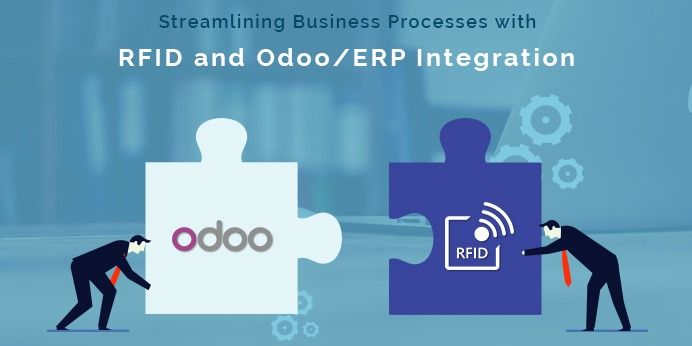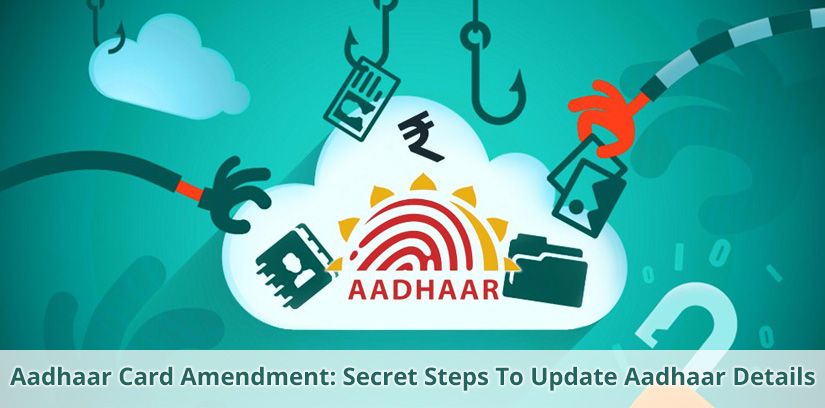

The necessity of encryption for cloud backup
Data loss due to disasters and security breaches by ransomware has become a constant part of the technology news. Reports indicate that enterprises are now deploying tape storage, a 1950s storage technology, to secure their data and prevent data loss. Why are enterprises considering traditional technology instead of cloud backup? This is because service providers are forced to compromise on encryption in order to make their solutions more economical. The tradeoff results in more customers but lack of security. Cloud backup solutions improve overall cost efficiency; however, their true purpose is to ensure that backed up data is secure and available. This makes cloud security and encryption absolutely necessary.
What is Cloud Encryption?
Encryption in cloud computing is a comprehensive security measure that helps avoid the dangers of random data leaks and secure the data from hacking and/or ransomware attacks. It is a sophisticated and continuously evolving area that demands a systematic approach.
Similar to any other technology, encryption needs to work within a broader digital infrastructure. Despite its implications, encryption is one of the underutilized security measures in the cloud today. Studies indicate that the healthcare industry suffers approximately $7 billion in losses due to data breaches. The utilization of a backup and disaster recovery plan that includes efficient and reliable encryption techniques is absolutely necessary.
With cloud encryption, enterprises can use secure key management and give out unique keys to people who are permitted access to the encrypted database. This facilitates data access management and prevents unauthorized access.
Encryption occurs on various levels of the cloud including storage, connection and transmission. You can experience the base elements of connection encryption when you visit any https website.
Encryption & Costs
Encryption adds to the costs that cloud backup service providers have to bear by increasing the prices for clients. This is due to the fact that encrypted data requires additional bandwidth for transmission. This puts solution providers in a very inapt position in which they have to raise their prices and risk losing customers. This forces solution providers to limit encryption services.
Customers address this issue by encrypting their data on-premises and move the data to the cloud after that. This saves up on bandwidth costs and makes the encryption procedure simple. It also restricts the entire process and all keys within their own infrastructure, allowing only encrypted data to be exposed by putting it in the cloud.
Customized Encryption Techniques
Customized Encryption techniques can help reduce cost implications but require some scrutiny on the data requirements of the customer. For instance, if it’s a marketing enterprise that uses the enterprise cloud storage for the purpose of storing info-graphics and videos; they may only require encryption of account credentials. In comparison, a manufacturing or engineering enterprise may utilize the cloud to share sensitive information such as innovative circuit designs, industry solutions or research material. In which case, they would require the encryption of all of this data in order to prevent it from leaking.
Conclusion
The significance of encryption is undeniable especially considering the wave of data loss and leaks due to ransomware. Cloud service providers negotiate on encryption strength in order to reduce the prices of their solution. However, it can be risky for enterprises depending on the nature of their data. Enterprises have begun to address this issue by encrypting the data in their backup appliances first and then transmitting the encrypted data over the cloud. As data transmission to the cloud is protected by SSL, this adds an additional layer of security. In order to choose the best encryption technique for an enterprise, it is necessary to first understand the security requirements for their data.




